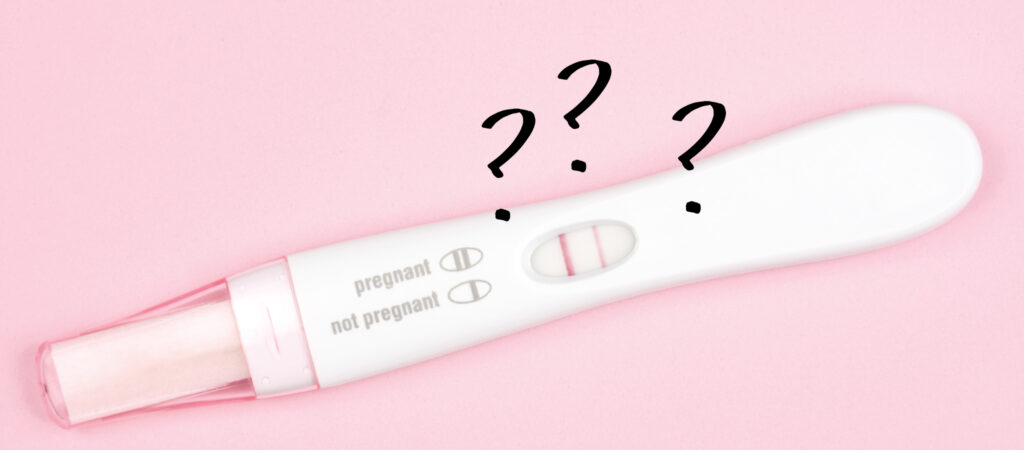If You Want a Baby Soon-ish (But Not Yet)
So you’ve decided you want to get pregnant in the relatively near future— say, in six months or a year from now, but aren’t quite ready to take the plunge and start trying. What should you do now to prepare? (Other than spending weekend mornings sleeping in and enjoying long, lazy brunches while you still can . . ) Take these steps so that when you do try to conceive your body will be ready for a healthy pregnancy.
Visit a Doctor
The first step on your preconception checklist is scheduling an appointment with a family practice doctor or OB-GYN. Your physician will evaluate your current health to see if there are any areas that need to be addressed, such as:
- Any medical conditions that should be treated before pregnancy, such as diabetes or high blood pressure
- Immunizations or booster shots you should have before trying to conceive
- Evaluating your current medications to make sure they are all safe in early pregnancy, and change those that might not be such a good fit
- Suggested vitamins and supplements for pregnancy, such as folic acid
- Unhealthy habits that may affect pregnancy, like smoking, drinking, or drug use
Note: Nurx sells prenatal vitamins, ovulation predictor kits and pregnancy tests in our Nurx No-Rx Shop. These are reliable over-the-counter products that our medical providers recommend to those trying to conceive.
Birth control from Nurx costs as little as $0 with insurance or $15 per month without insurance.
Get Checked for STIs
If you haven’t been tested for sexually transmitted infections lately, or are not sure what you were tested for, now is the time. If untreated, certain STIs, like chlamydia, can make it harder to get pregnant, and others can have negative health effects for the baby. You can have STI testing done in person during your preconception visit, or conveniently and privately test yourself at home with an at-home STI test kit.
If you do have an STI, it’s best to have it treated before you become pregnant. Bacterial STIs like gonorrhea, chlamydia, and syphilis can be cured with antibiotics. Viral STIs like herpes or HIV can’t be cured, but preventative measures and antiviral medications can reduce the risk of passing the infection to your baby.
Revisit Your Birth Control Plan
You might think that you need to stop your birth control now in order for your fertility to return by the time you’re ready to start trying for a baby, but in most cases that’s not true. With many forms of birth control, including the birth control pill, patch, and ring, you can get pregnant immediately upon stopping — so don’t stop until you’re sure you’re ready!
One exception is the birth control shot. The birth control shot lasts for three months, and after three months you could get pregnant, but it takes an average of 10 months after stopping the injection for your cycle to regulate and conception to occur. If you rely on the shot for birth control, you might want to switch to another method if you’re thinking about trying to conceive in the near future.
But remember: with the exception of birth control shots, you don’t need to plan in advance to get your fertility back to normal. Many women who stop taking pills like Tri-Lo-Sprintec or using patches like Xulane get pregnant the first cycle after they stop.
Reduce Exposure to Environmental Contaminants
There are quite a few everyday products that could pose a hazard to your baby in the womb, and in some cases these contaminants could linger in your body for a while. For that reason, start making changes to your lifestyle now to minimize the risks. Some of the toxic substances and environmental contaminants to avoid include:
- Certain cleaning products and solvents
- Paint and furniture polish
- Pesticides and insecticides
- Cat and rodent feces
Finally, it should go without saying that if you smoke or use nicotine products of any kind, you should quit immediately. (This guide from the American Lung Association can help.)
For an in-depth look at how to prepare for pregnancy, read this guide on planning for pregnancy from the Centers for Disease Control. Planning ahead and being intentional will help you prioritize your health and that of your future baby.
This blog provides information about telemedicine, health and related subjects. The blog content and any linked materials herein are not intended to be, and should not be construed as a substitute for, medical or healthcare advice, diagnosis or treatment. Any reader or person with a medical concern should consult with an appropriately-licensed physician or other healthcare provider. This blog is provided purely for informational purposes. The views expressed herein are not sponsored by and do not represent the opinions of Nurx™.



